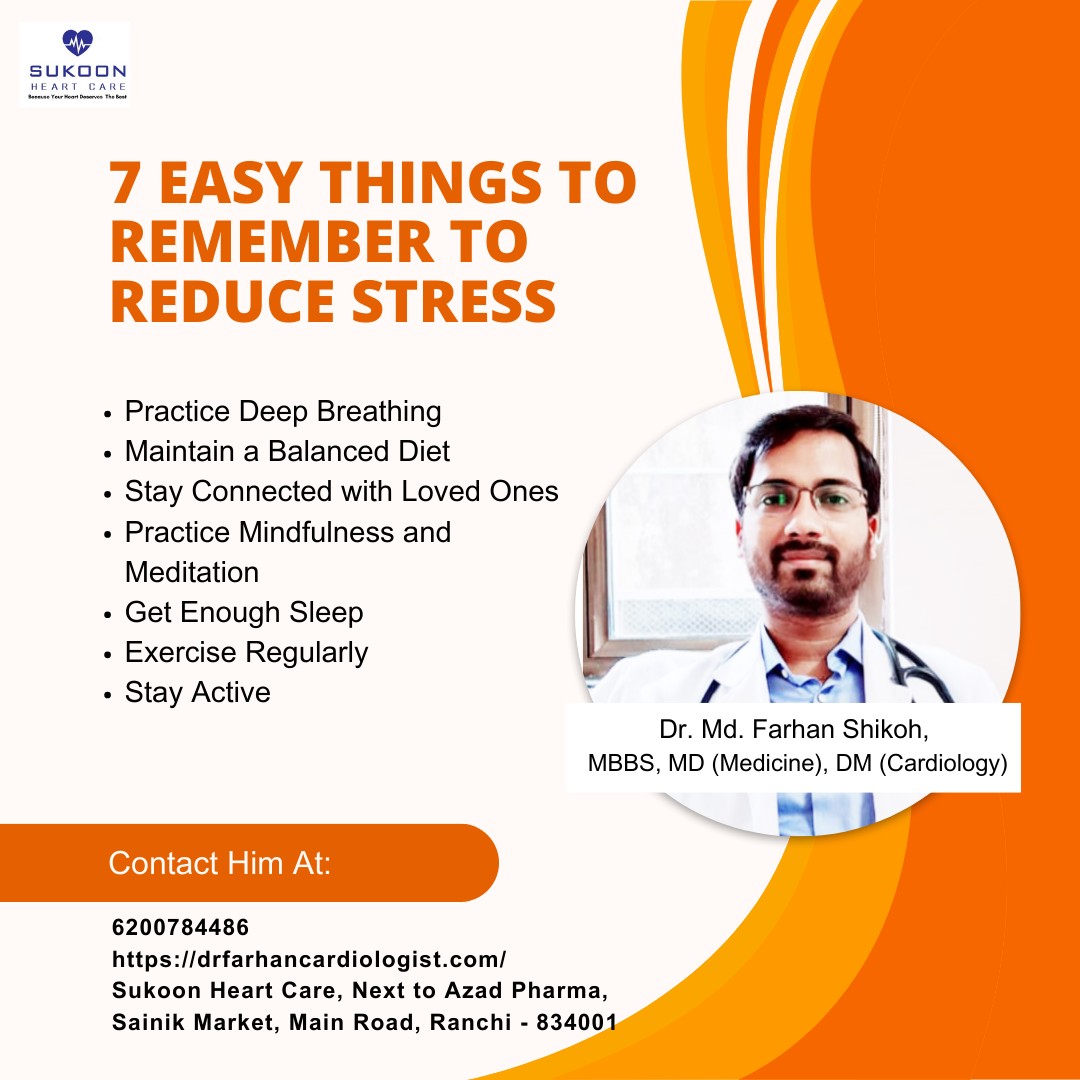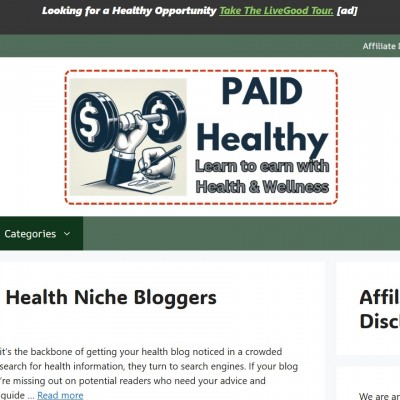Effective Ways to Reduce Stress for a Healthier Heart
Stress is an inevitable part of life, but how we manage it plays a critical role in maintaining our overall well-being, particularly heart health. Chronic stress has been linked to an increased risk of heart disease, high blood pressure, and other cardiovascular conditions. The good news is that there are many strategies to reduce stress, which can help improve both mental and physical health.
Here are some effective ways to reduce stress and protect your heart:
1. Exercise Regularly
Physical activity is one of the most powerful tools for reducing stress. When you exercise, your body releases endorphins, which are natural mood lifters. Regular exercise, such as walking, jogging, or yoga, helps lower cortisol levels (the stress hormone) and improves overall cardiovascular health. Aim for at least 30 minutes of moderate exercise most days of the week.
2. Practice Deep Breathing Techniques
Breathing exercises can activate the body's relaxation response, helping to reduce heart rate and lower stress levels. Try deep breathing techniques, such as diaphragmatic breathing or box breathing, where you inhale slowly for four counts, hold for four counts, exhale for four counts, and hold again for four counts. Incorporating these techniques into your daily routine can help you manage stress more effectively.
3. Get Enough Sleep
Quality sleep is essential for stress management and heart health. Lack of sleep can contribute to increased stress and a higher risk of heart disease. Aim for 7-9 hours of sleep each night to allow your body to rest, recover, and regulate stress hormones. Maintaining a consistent sleep schedule and creating a calming bedtime routine can help improve your sleep quality.
4. Eat a Healthy Diet
What you eat directly impacts your body's ability to cope with stress. A balanced diet rich in fruits, vegetables, whole grains, and lean proteins helps stabilize blood sugar levels and maintain energy throughout the day. Omega-3 fatty acids found in fish, nuts, and seeds have been shown to reduce inflammation and lower stress. Avoid excessive caffeine and sugar, as these can increase anxiety and stress levels.
5. Engage in Mindfulness and Meditation
Mindfulness practices such as meditation, progressive muscle relaxation, or guided imagery can significantly reduce stress. These techniques encourage you to focus on the present moment, helping you break the cycle of anxious thoughts. Regular meditation has been shown to lower blood pressure, improve emotional regulation, and promote a sense of calm.
6. Maintain a Strong Support System
Having a network of friends, family, or a support group can help you cope with stress more effectively. Talking to someone you trust, whether it’s about a problem at work or personal issues, can provide emotional relief and perspective. Building strong, supportive relationships is key to managing stress in a healthy way.
7. Take Breaks and Rest
In the hustle and bustle of daily life, it’s essential to take regular breaks. Stepping away from work, household tasks, or other responsibilities, even for a short period, allows your mind and body to recharge. A walk in nature, a short nap, or even simply closing your eyes for a few minutes can help reset your stress levels.
8. Limit Screen Time
Excessive time spent on electronic devices, especially before bed, can increase stress and disrupt sleep. Set limits on screen time, particularly on social media, as it can contribute to feelings of anxiety. Instead, focus on activities that relax and refresh your mind, such as reading a book or spending time with loved ones.
9. Seek Professional Help if Necessary
If stress becomes overwhelming or unmanageable, seeking help from a professional is essential. A counselor or therapist can provide coping strategies and support for dealing with chronic stress. Additionally, a healthcare professional, such as a cardiologist, can help evaluate the impact of stress on your heart health and suggest personalized interventions.
If you find that stress is affecting your physical health, including your heart, it’s important to take action sooner rather than later. Managing stress is a crucial step toward protecting your heart and overall well-being.
For more guidance on stress management and heart health, feel free to consult with Dr. Md. Farhan Shikoh, MBBS, MD (Medicine), DM (Cardiology), the Best Blood Pressure Doctor in Ranchi.
You can visit Sukoon Heart Care, located at Sainik Market, Main Road, Ranchi, Jharkhand: 834001. For appointments, please call 6200784486, or visit https://drfarhancardiologist.com/ for more information.
#bestcardiologistinranchi #bestheartdoctorinranchi #bestheartspecialistinranchi #bestdiabetesdoctorinranchi #sukoonheartcare #ranchi #drfarhanshikoh






